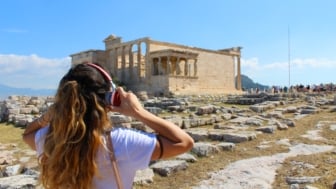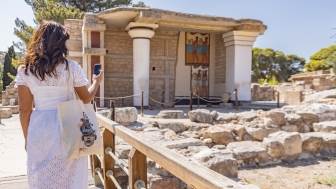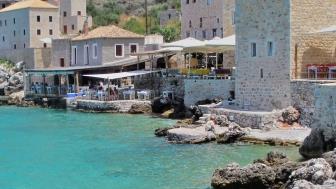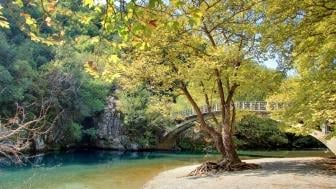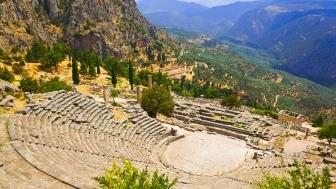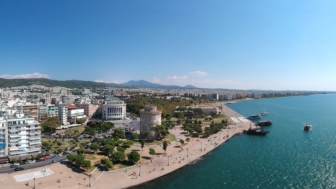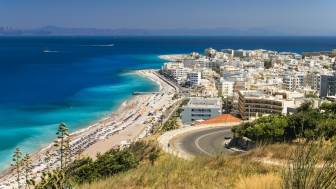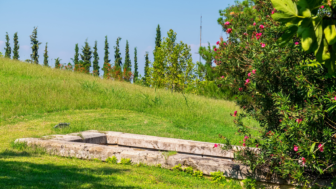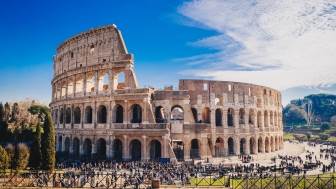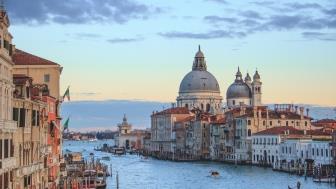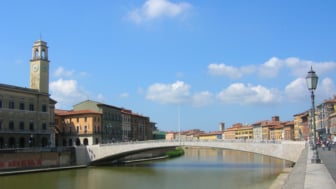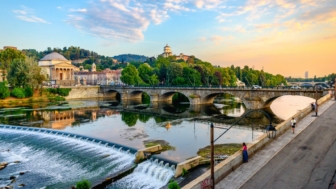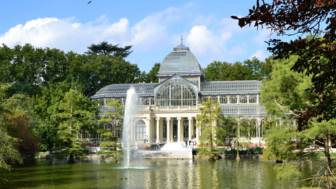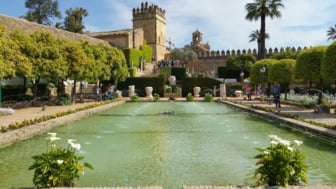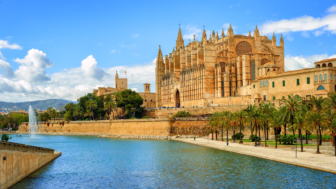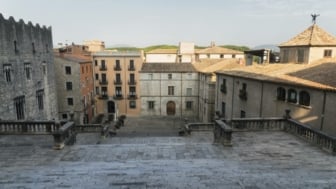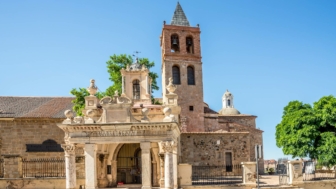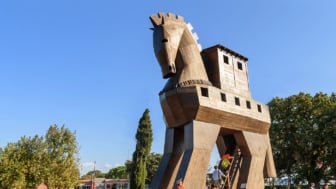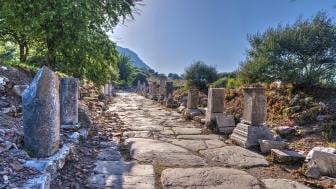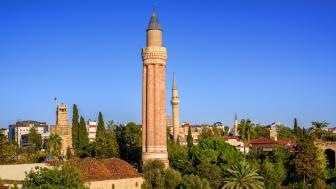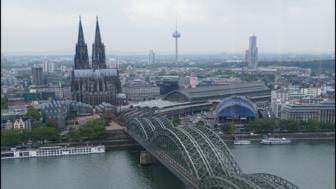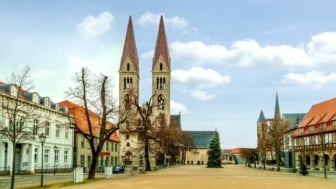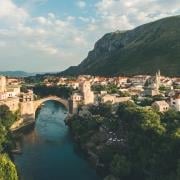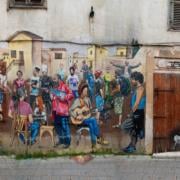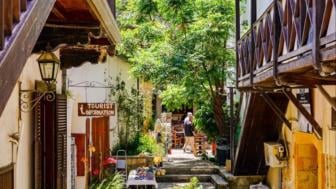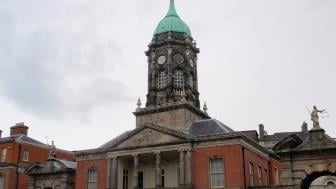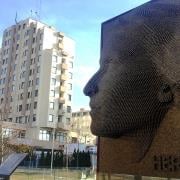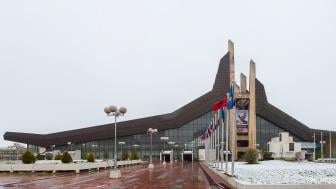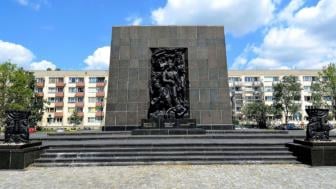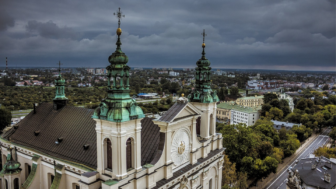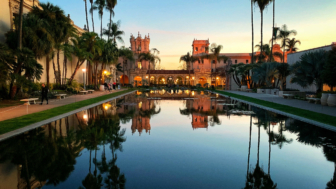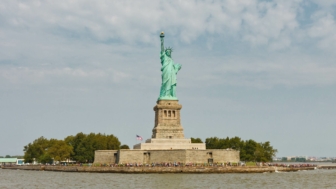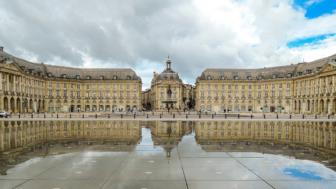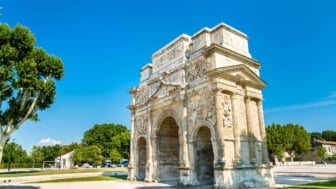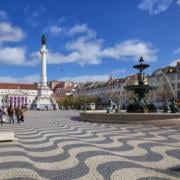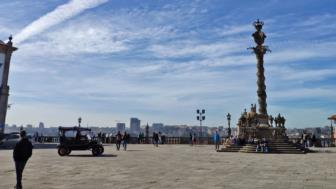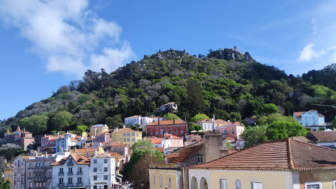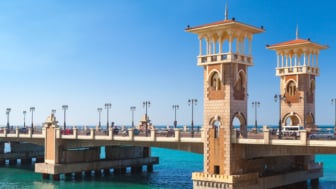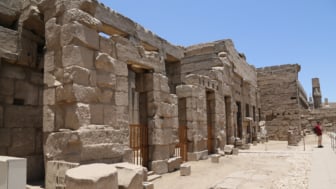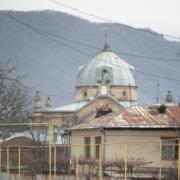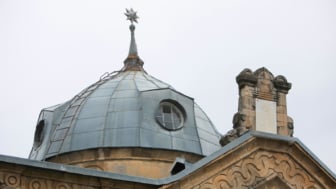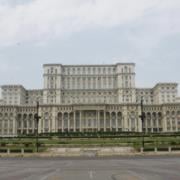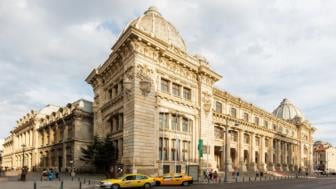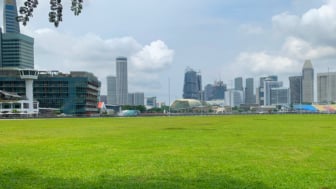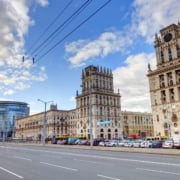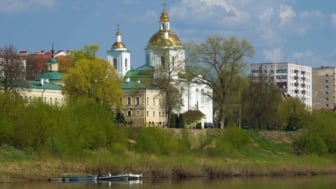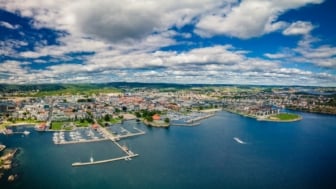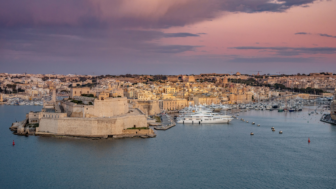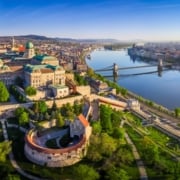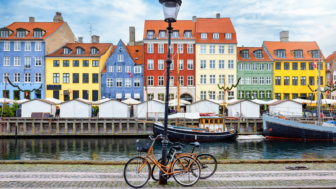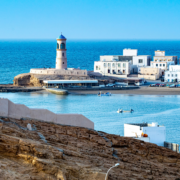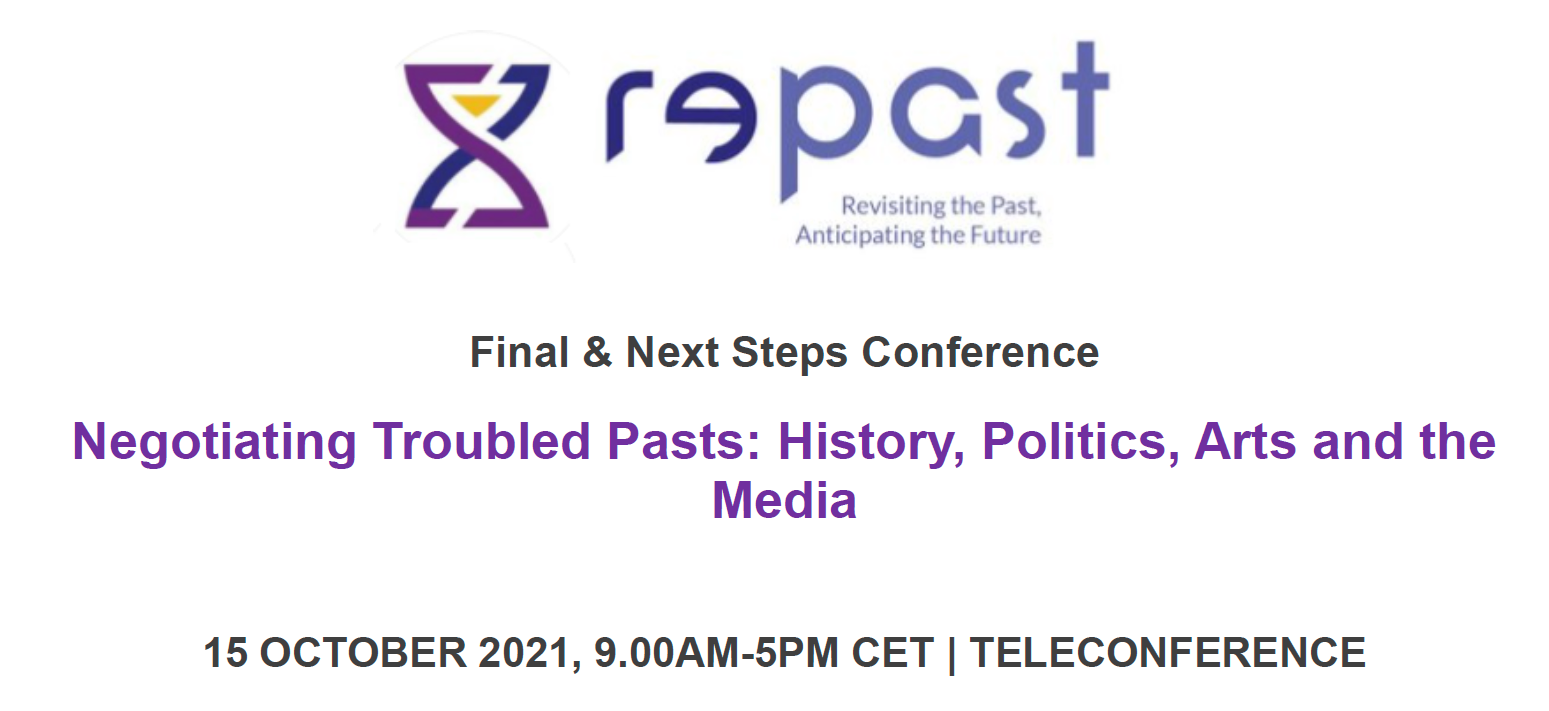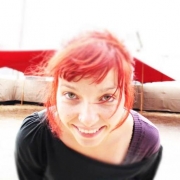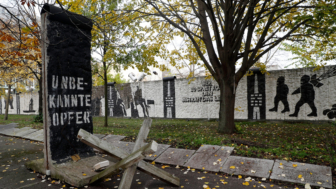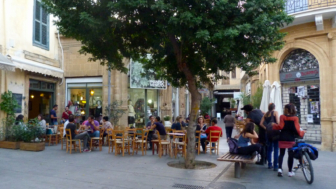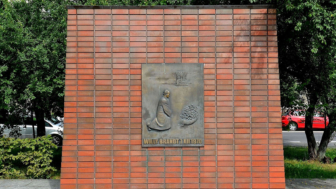After 36 months full of intriguing research, talks and seminars, the Horizon2020-funded project RePAST is coming to an end. The final teleconference will take place on Friday 15 October and our Head of Content, Christina Ntaltagianni will be there to talk at the “Policy and Practice” panel with the subject “RePast meets new technologies: The digital tours.” Find more information and the detailed program of RePast Final & Next Steps Conference Negotiating Troubled Pasts: History, Politics, Arts and the Media.
RePast: The project
Several European societies are still suffering from the conflicts rooted in the past and look for means to overcome the difficult historical legacy. RePAST was a research project that addressed this issue; relying on a multi-method interdisciplinary approach, as it investigated how six member states of the EU and two non-member states (Bosnia-Herzegovina, Cyprus, Germany, Greece, Ireland, Kosovo, Poland, Spain) deal with their troubled pasts today. By analyzing the discourses in history, media, politics and arts & culture, the project explored how these conflicting discourses impact European integration and hinder attempts to increase the internal cohesion of these societies. Based on extensive research, the project implemented several actions and proposes strategies for reflecting upon these discourses to strengthen European integration.
-
Duration: 1h 40min
Clio Muse Tours for RePast
As participants of the RePAST project, Clio Muse Tours created eight digital tours that deal with the theme of dark tourism in different Cyprus, Greece, Ireland, Poland, Kosovo, Bosnia, Spain, and Germany. These tours were created after developing a research methodology, evaluation of numerous written and oral history sources, journals, articles, and books from university libraries and archives as well as government reports and legal documents. Moreover, in collaboration with The European Federation of Tourist Guide Associations (FEG) organized and hosted 30 educational webinars that aimed to introduce and train tour guides on how to conduct high-quality ‘Dark Tourism’ guided tours.
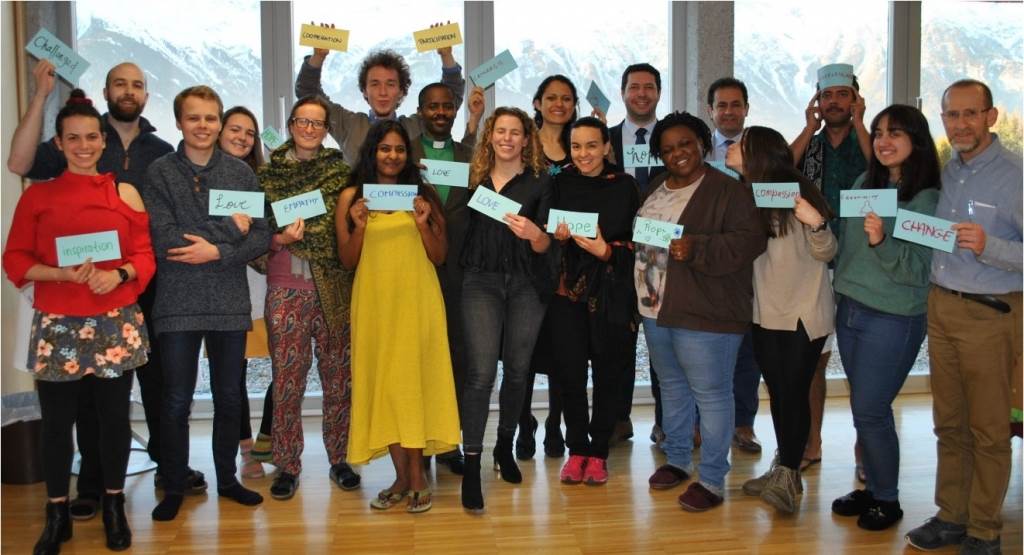
-
Duration: 1h 20min
Topics discussed at the RePast Final & Next Steps Conference
- What have we theoretically and practically learned regarding the troubled past(s) and the
effective means for overcoming it? - Are in a strongly differentiated European context, good practices, transferable from one context
to another? - What roles can be played by European countries – members of the EU and non-members –
and the EU as an institution in the attempts to overcome troubled past(s)?
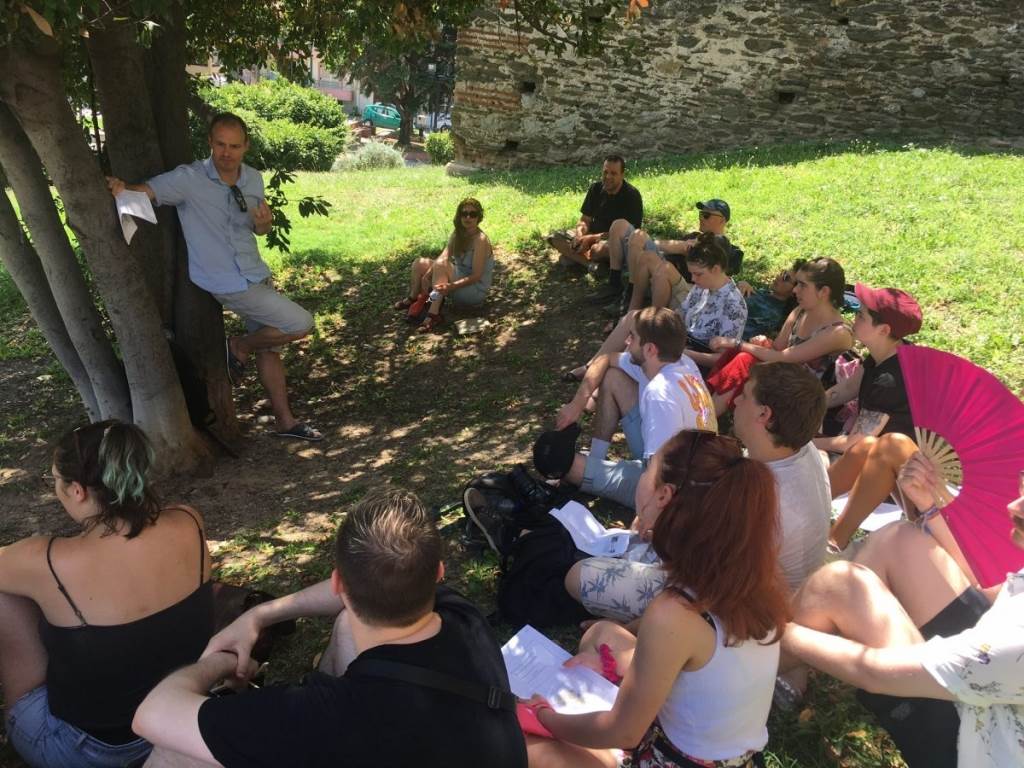
We’d love to see you at the final RePast teleconference. Join us here or for additional information register here.
For any questions, contact [email protected]
-
Duration: 1h 20min
RePast Final & Next Steps Conference Negotiating Troubled Pasts – Detailed Program
09.00-9.15 Opening Session and Introduction to the Conference
Opening remarks
Georgios Terzis, Brussels School of Governance
Working through troubled pasts
Rodrigo Martin Galan, European Commission, Research Executive Agency (tbc)
9:15-10.00 Negotiating Trouble Pasts: History
The nexus between Academia and the Public Sphere in Revisionists debates in Europe
Giorgios Antoniou, Aristotle University of Thessaloniki
Dealing with troubled pasts through Oral Histories: The feasibility of a future common European Identity
Dionysis Panos, Cyprus University of Technology
Moderated by Vasiliki Triga, Cyprus University of Technology
10:00-10:45 Negotiating Trouble Pasts: Arts
What forms of engagement and possible solutions can artistic and cultural productions offer to conflicting memories and memories of conflicts?
Katarzyna Bojarska, Widok Foundation
Commented and moderated by Tomasz Rawski, Widok Foundation and University of Warsaw
10:45–11:00 Break
11:00–11.45 Negotiating Trouble Pasts: Politics
Attitudes and EU policies towards memories of the past
James Sweeney, Lancaster University, Marta Parades, Universidad Pontificia
Comillas, and Ricardo Dacosta, Universidad Autonóma de Madrid
Moderated by Irene Martin, Universidad Autonóma de Madrid
11.45–12.30 Negotiating Trouble Pasts: Media
Key lessons and findings from a multi-country and multi-case study approach to media and past conflict.
Eugenia Siapera, University College Dublin
Assessing the Gap Between Private and Public Memory: The Perception and Interpretation of Conflicting Mnemonic Narratives – A comparative study from Germany and Poland
Anke Fiedler, Ludwig-Maximilians-Universität München
Moderated by Kenneth Andresen, University of Agder
12:30-13:30 Lunch Break
13.30-14.30 Policy and Practice
RePast meets new technologies: The digital tours
Christina Ntaltagianni, Clio Muse Tours
Fact Finders: A serious games for critical thinking of the past
Simon Egenfeldt-Nielsen, and Sara Hajlund, Serious Games Interactive
Ideas for future research on troubled past(s): topics, approaches and methodologies
Rok Zupančič and Faris Kočan, University of Ljubljana
14.30-15.00 Closing Remarks and the Road Ahead
Dimitra Milioni, Cyprus University of Technology
Basil Gounaris, Aristotle University of Thessaloniki & Observatory on History
Teaching in Europe, Council of Europe



